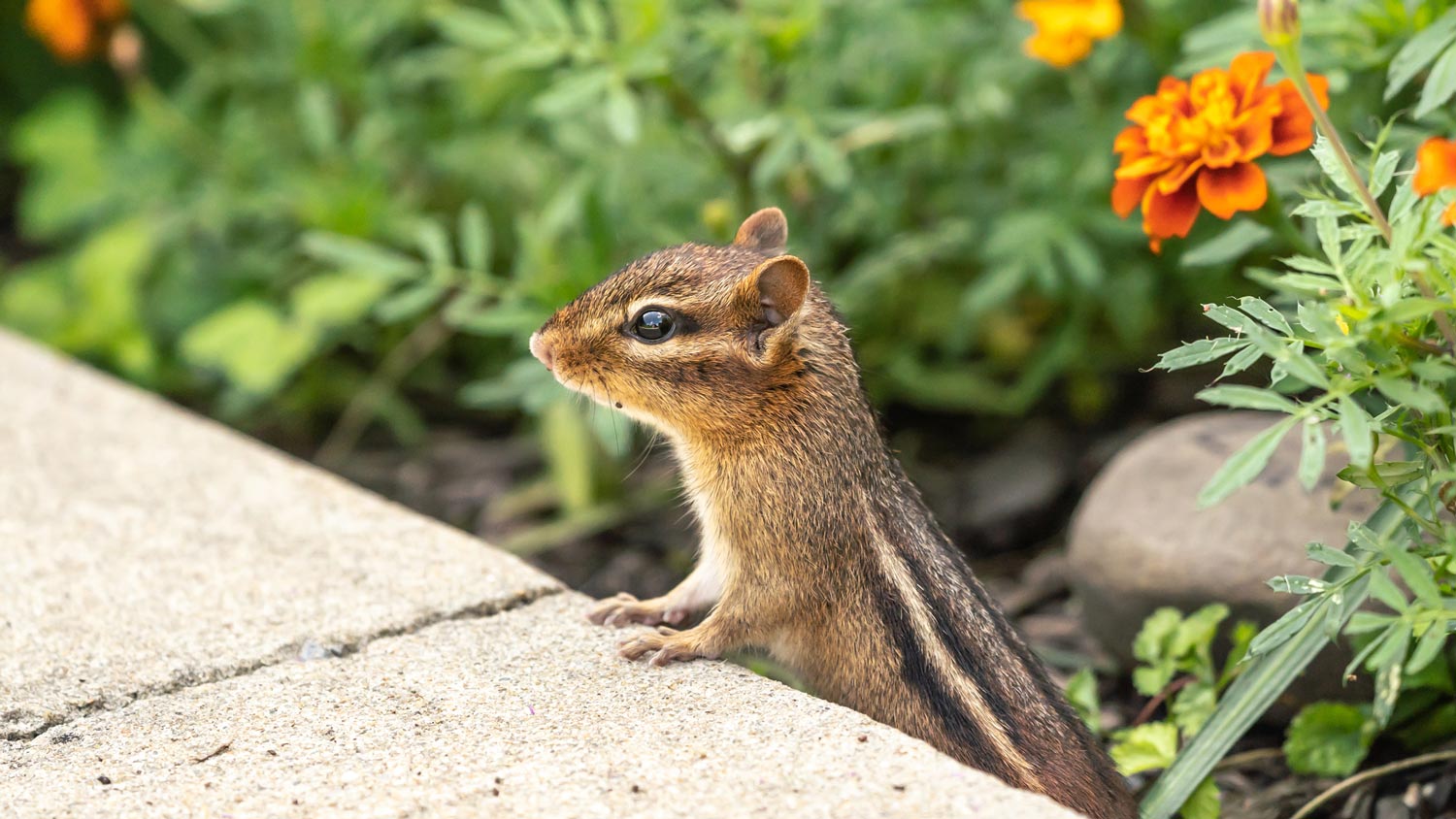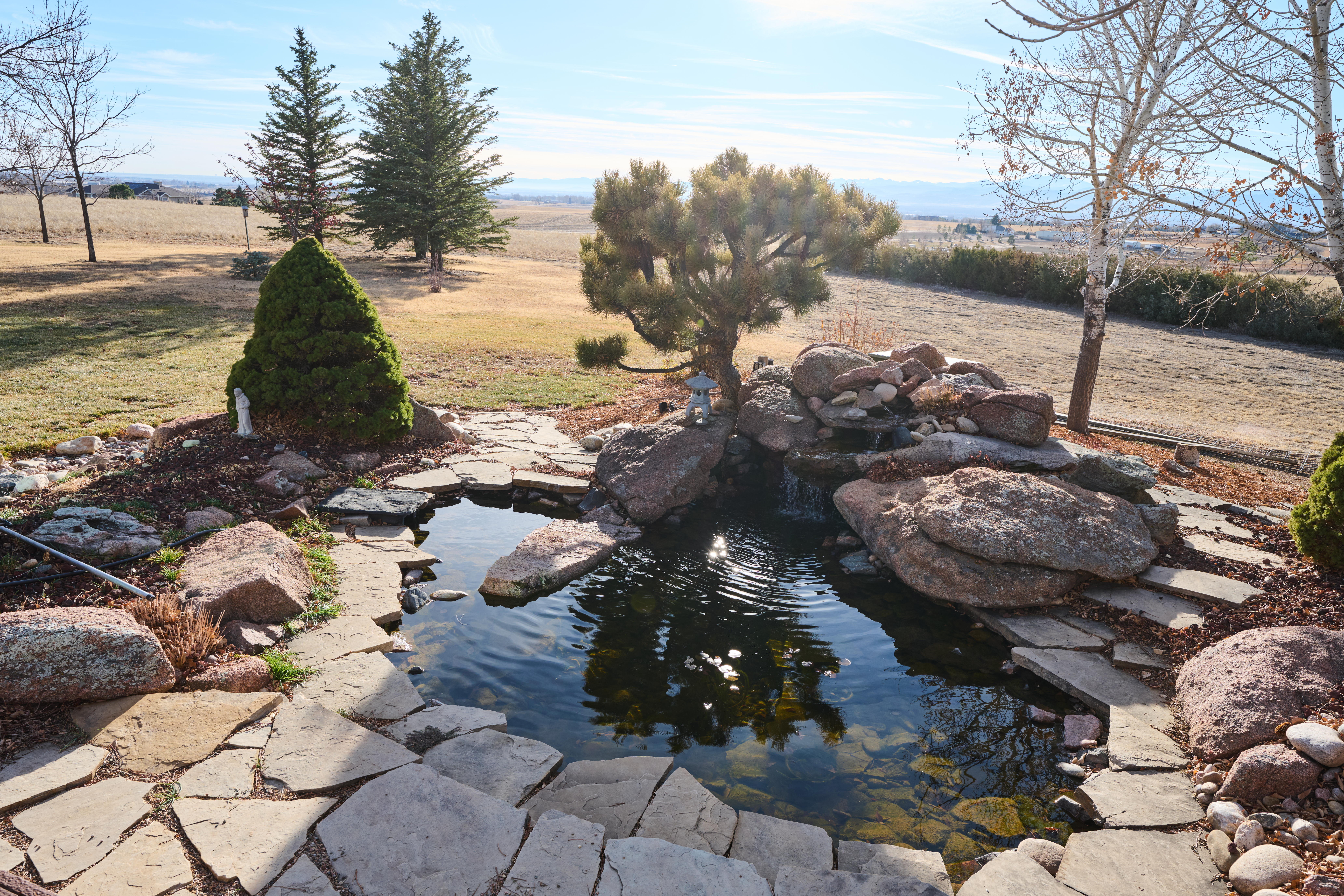
How much do hedges cost? Discover average hedge installation prices, key cost factors, and tips to save money on your landscaping project.
There are fates worse than pests


Chemical pesticides can harm humans and pests.
Chronic pesticide exposure can have long-term adverse effects.
Pesticides can harm wildlife, pollinators, and the environment.
Chemical and systemic pesticides are affecting biodiversity.
There are effective natural alternatives to chemical pesticides.
Pests are truly the bane of a gardener’s existence, munching greedily and destroying crops before there’s ever a chance to harvest. While they’re irritating, to say the least, pesticides may open a whole new can of worms. Here are the most concerning side effects to consider before you use them.
Using chemical pesticides may inflict residual harm on the humans who hang out near or eat from your garden. According to the U.S. Environmental Protection Agency, pesticide exposure can affect the nervous system, or the hormone and endocrine systems in the body. Some may even be carcinogenic, while others can irritate the skin and eyes.
Around the home, poisons for bugs and pests are also poisonous to humans. Boric acid, for example, can cause irritation and gastrointestinal issues. Certain poisons can even be life-threatening.
Using household poisons or certain garden and lawn pesticides don’t just harm humans—some can harm your pets, too. Tromping, sniffing, and curious licking may cause insecticide and pesticide residue to rub off or get ingested. Household poisons can also poison your pets if they prey on affected creatures.
Depending on the level of toxicity, a wide range of pesticides can cause serious illnesses or even be fatal to pets. To stay on the safe side, never use poisonous chemicals in areas your furry friends can access, and always research what you’re using before application.
Seemingly mild products such as bug spray can have adverse side effects like fatigue, headaches, nausea, and irritation. As a general rule, fully research the products you use and weigh the pros against the potential cons.
Constantly breathing in and exposure can lead to pesticide poisoning over time. According to one study in the journal PLOS ONE, researchers found that prolonged pesticide exposure can negatively impact blood cells and electrolytes. In addition, it caused serious long-term damage to the kidneys, liver, and peripheral nervous system.

Pesticide use carries extensive risks to wildlife in all areas of the world, whether by direct or indirect contact. For a wide range of species, exposure to pesticides has been linked to adverse effects.

Harmful pesticides can drift, get carried and ingested through prey, leech into water sources, or even get sprayed on animals. Along with the direct health impact, side effects can also impact the animal’s ability to survive and reproduce in the wild. This can seriously impact biodiversity, causing devastating long-term effects on the environment.
Spraying pesticides doesn’t just harm the insects you don’t want. It can hurt bees and other important pollinators, sometimes even killing them on the spot. Without bees, flies, butterflies, birds, and other important pollinators, there eventually won’t be any crops to protect.
Often used in large agricultural operations, systemic pesticides work from the inside-out to deter pests from money-making crops. However, this efficiency and profitability come at the expense of the environment. These pesticides can stay in the soil for years, poisoning plants and pollen—potentially killing pollinators.
Avoiding harmful pesticides doesn’t mean you have to watch your home and garden get ravaged by pests. There are many organic pest control alternatives to keep them away. Homemade insecticides like vinegar and dish soap can also control garden pests. Physical traps and preventive maintenance can help keep your home pest-free.
With patience and dedication, you can control pests without the use of harmful chemicals. There’s simply too much at stake.
From average costs to expert advice, get all the answers you need to get your job done.

How much do hedges cost? Discover average hedge installation prices, key cost factors, and tips to save money on your landscaping project.

Leveling your yard can help with drainage and prevent damage to your home. Learn the cost to level a yard in Columbus, OH, and what factors can affect the price.

Looking to step up your golf game without leaving your property? This guide details backyard putting green costs to help you decide if this project is worth it.

Will vinegar kill grass and weeds? Get the scoop on what vinegar does to grass, when to use it, and things to consider.

Preparing your pond for the winter can keep it healthy until springtime. Learn how to winterize a pond with this how-to guide.

What causes your lawn to have dips and bumps? We’ll answer this question and help you learn who to hire to fill an uneven lawn.